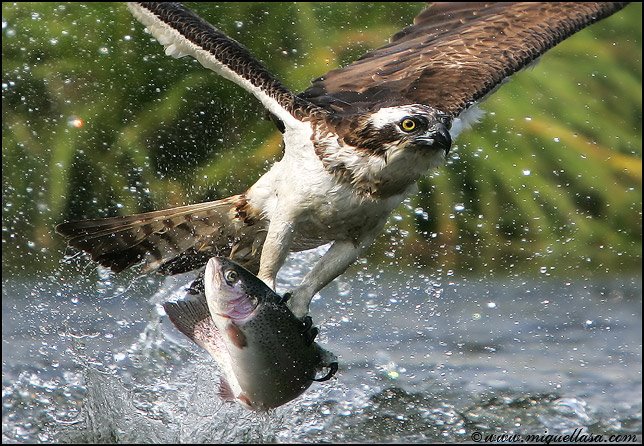

Admiral Matome Ugaki is in some respects Halsey's counterpart in the Japanese Navy. How Japanese culture of the early 20th century shaped this man into a suicidal fanatic, willing to sacrifice a whole nation for a bizarre conception of "honor," is hard to understand. Evans comes close to making sense out of it. 

Admiral Takeo Kurita, the Japanese battleship commander charged with making what was, in essence, a suicidal fleet attack against the American invasion of the Philippines is the most intriguing of all. By means of a clever deception, which put Bull Halsey reputation at risk, Kurita's force of battleships fought and destroyed a portion of a smaller and outgunned American naval force in a night battle in Leyte Gulf. Then faced with the prospect of being annihilated by the power of Halsey's overwhelming carrier force, he choose a "mysterious retreat" in violation of his orders. In Evans words, he was later praised after the war as a "seaman of seamen," but never honored for "his humaneness, as a commander, who chose not to foolishly waste the lives of his men in a grand but empty act of bushido."
 I don't think one has to be particularly interested in refighting old battles from WWII to learn something worthwhile from from Evan Thomas's latest book. The vagaries of courage and honor in the face of cultural imperatives are a subject for any era. Think of things like the "doctine of preemption" as a basis for a national foreign policy or "enhanced interrogation" as best means of protecting our national security.
I don't think one has to be particularly interested in refighting old battles from WWII to learn something worthwhile from from Evan Thomas's latest book. The vagaries of courage and honor in the face of cultural imperatives are a subject for any era. Think of things like the "doctine of preemption" as a basis for a national foreign policy or "enhanced interrogation" as best means of protecting our national security.

.jpg)
 During our recent visit we got to see her play soccer. Here she is getting some quick sideline pointers from her dad.
During our recent visit we got to see her play soccer. Here she is getting some quick sideline pointers from her dad. This girl can run like the wind. Based on what I saw, and being completely impartial, I am projecting her for the American Women's Olympic soccer team in 2028. Or maybe Miss Congeniality a few years earlier. In any case, welcome to America Tensae. We love you.
This girl can run like the wind. Based on what I saw, and being completely impartial, I am projecting her for the American Women's Olympic soccer team in 2028. Or maybe Miss Congeniality a few years earlier. In any case, welcome to America Tensae. We love you.


